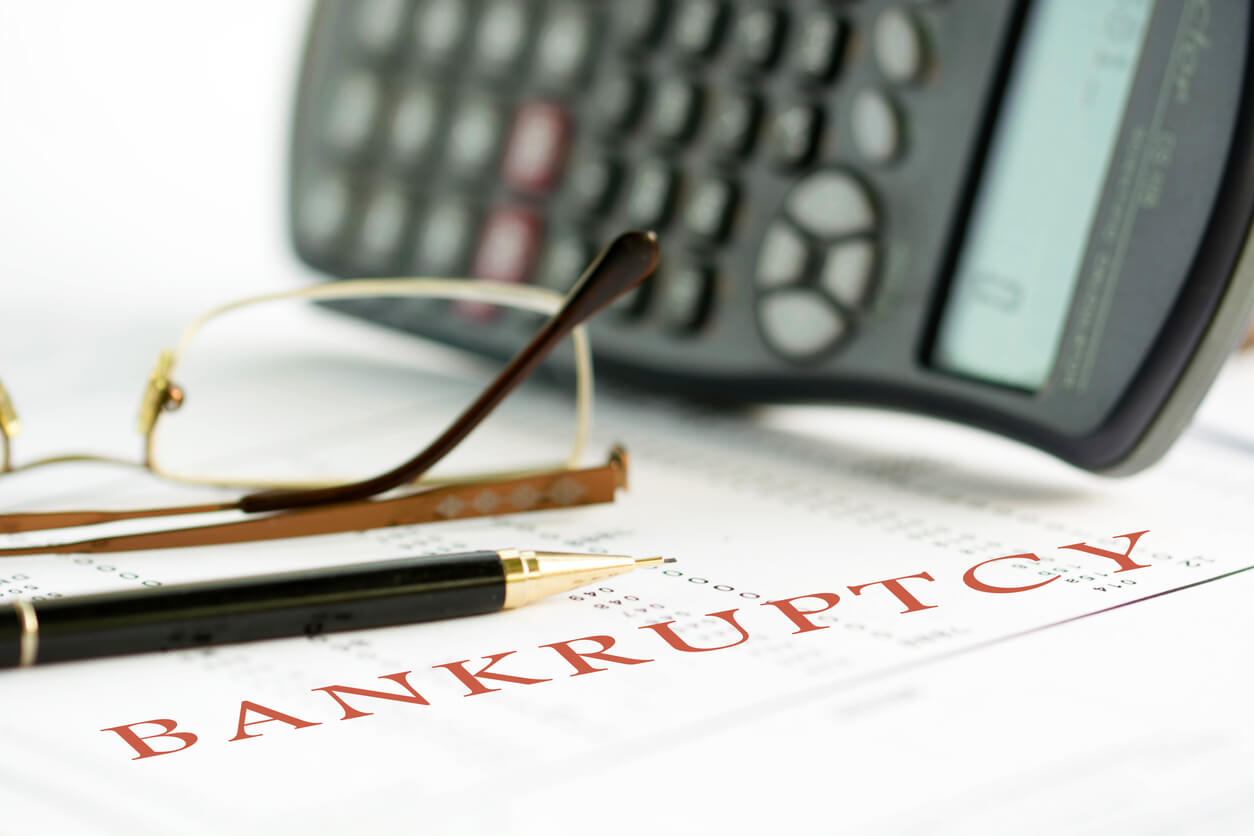Choosing whether or not to file for bankruptcy is never an easy decision. If you’re feeling hesitant as to whether to do so, it’s likely because you understand the gravity of the decision you’re making.
While it’s not easy, it’s important that you’re honest with yourself and you weigh the pros and cons of doing so based upon your specific financial situation. You will want to consider the amount of debt that you have and whether or not it’s likely for you to be able to repay it.
Do You Have More Debt than Most?
According to an article published by Bloomberg, the average American under the age of 65 who makes the decision to file for bankruptcy has collected almost $92,000 in debt. While this type of debt may be manageable if it’s a student loan that’s paid in reasonable amounts each month, it could be unmanageable if it’s pure credit card debt for instance. It’s important to consider how much debt you have and if it’s likely that you’ll be able to pay it off.
What is Your Net Worth and How Much Money Do You Make?
When considering whether or not your debt is manageable, it’s best to consider how much money your household brings in each year (i.e. you and your spouse) and how much you have in the bank. You should then weigh the amount of debt that you’ve accumulated to the amount of money you have saved and the amount that your household brings in annually. This can help you to determine if repayment is reasonable. For instance, paying off $92,000 in debt would be much easier for a household with a net worth of $250,000 than one with $70,000.
Should You Try to Repay Your Debts First?
You may want to try to negotiate with your creditors and pay off your debt before filing for bankruptcy. Sometimes this scenario may be beneficial. However, it should be made based upon your debt and likelihood of paying it off.
If there is no other reasonable way to deal with your situation other than through bankruptcy, it’s best at that point not to try and avoid it. After all, bankruptcy is intended as a tool to help those who are in over their heads in debt. It’s important to keep in mind though, that if you wrongly believe that it would be reasonable to pay off your debt and you choose not to file bankruptcy, it could end up with you losing even more assets that could have helped you and that you could have kept had you filed sooner. So before you go and cash out your 401(k), take a long, hard look at your odds of avoiding bankruptcy all together.
Toronjo & Prosser Law Helps Those Who Are Dealing with Bankruptcy
It’s undoubtedly stressful to realize that you don’t have enough money, and even more stressful when you realize that filing for bankruptcy may be your best option. That’s why it’s so important to consult with a knowledgeable and experienced Dallas bankruptcy attorney. At Toronjo & Prosser, our qualified Texas Bankruptcy Attorneys can help you to navigate the process. To learn more or to schedule a free consultation contact us online or call us today!


